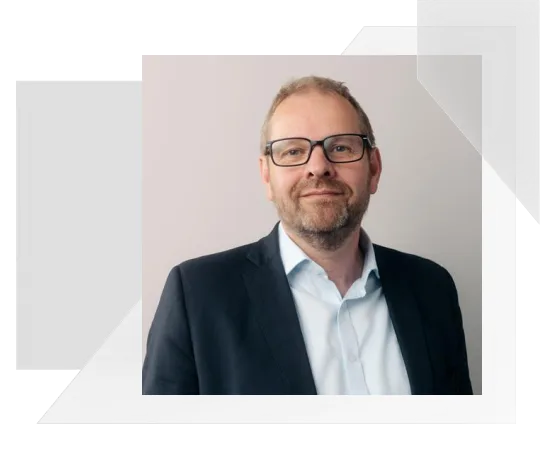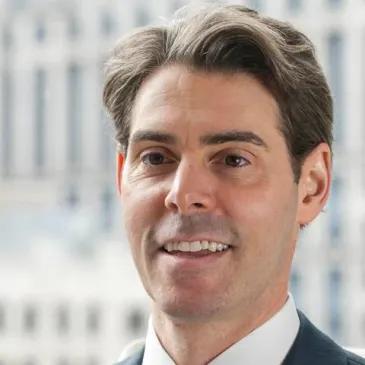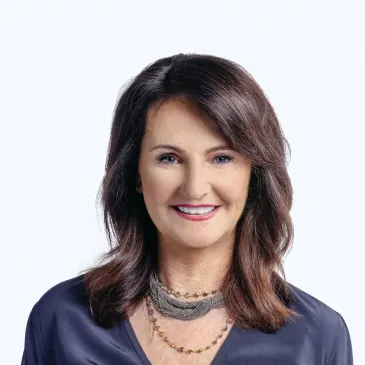Rob’s career spans technology start-ups, FTSE 100 corporates and global consultancies. He is a recognized expert in technology strategy, digital transformation, AI, and complex implementation. Rob has extensive industry experience in both the Media and Financial Services industries, particularly FinTech.
At AlixPartners, he is Co-CEO of the global firm. Previously, he was the EMEA Region Head and Global Leader of the Digital Practice living in London and New York.
Rob has served on several regulated boards and internally on the AlixPartners private board.
He is a sought after speaker on AI, disruption, and leadership and has recently published an academic paper on the philosophy of generative AI.
He previously served on the World Economic Forum’s Global Future Council for Future of Growth and has now been appointed to the Council on Faith in Action.
Rob holds undergraduate and postgraduate degrees in Management and Computer Science from Aston University, and a postgraduate degree in Humanities from Durham University. He is currently a Doctoral candidate ABD at Roehampton University.
Key Engagements and Career Highlights:
- CIO for the transition of the legacy Skandia business (part of the Old Mutual Group) to a modern InsureTech company. In the first year, the new platform grew funds at over 200%.
- Interim CIO and Business Change Director at Swinton Insurance. Member of the Board.
- Interim Executive at Worldpay in the roles of Chief Transformation Officer, Chief Information Officer and Chief Separation Officer (focused on the carve-out from RBS), all reporting to the CEO. Led the implementation of a unique global payments platform that served 50% of all UK retail transactions and many global eCommerce clients. Worldpay grew in value from £2bn to 6bn at IPO and was ultimately acquired by Vantiv for more than $10bn during this time.
- Lead technology Partner on the acquisition of Cigna Group Life by New York Life.
- Expert on FinTech transformations at Nets, Nexi, Paysafe and Concardis.
- Advisor on the technology transformation at Kantar.
Rob has a deep commitment to empowered, inclusive and high-performing teams. This requires trust, honesty, emotional engagement, and integrity.











